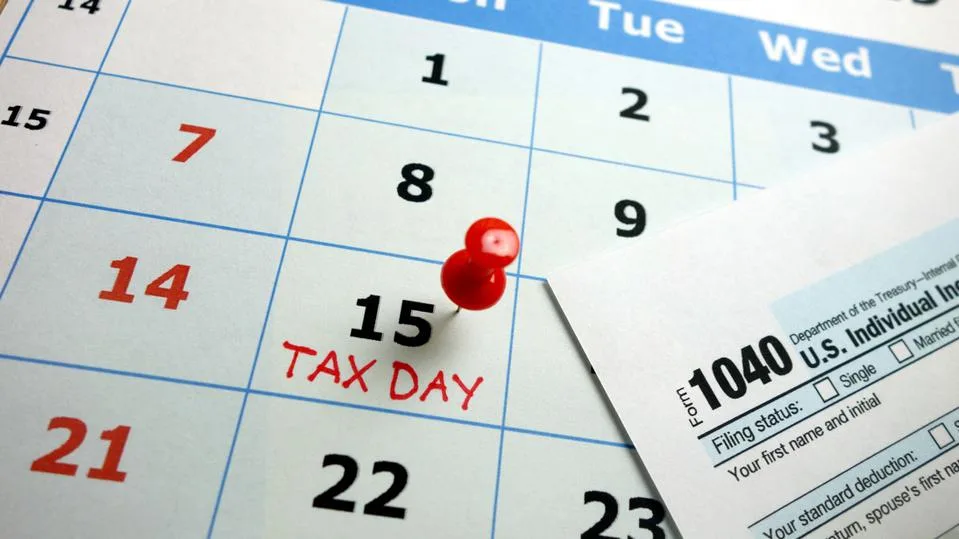As the COVID-19 situation evolves, the Canadian government has made important updates to several relief programs to better assist individuals and businesses during these challenging times. In this blog post, we’ll highlight the recent changes to the Canada Emergency Business Account (CEBA), the Canada Emergency Wage Subsidy (CEWS), and the Canada Emergency Response Benefit (CERB) […]
Navigating Taxes as a Non-Residency Considerations in Canada: Exploring Your Obligations Taxes evoke a mix of emotions among Canadians. While no one relishes seeing their hard-earned money diminish, we also appreciate the presence of healthcare and social programs that support our fellow citizens and communities. However, if you find yourself in Canada without holding non-residency […]
Ensuring the protection of our assets in the event of our death or incapacity is a common concern. It’s important to align our long-term goals with the beneficiaries of our work. When it comes to TFSA (Tax-Free Savings Account) holder, there is a significant designation known as the successor holder, which may be more important […]
2023 Canadian Tax Year-Important Dates Stay informed about important Canadian Tax Dates in 2023 with this calendar. January 1, 2023 The tax year begins on this date. March 2, 2023 The deadline for making RRSP contributions for the 2022 tax year has passed. January 22, 2023 The e-file service is currently unavailable due to maintenance. […]
Small start-up businesses are prevalent in Canada, with approximately 68.8% of the labor force employed in small business start-ups, according to the official Canadian government’s statistics from the labor force survey. Moreover, a review moose article by author Szabolcs Szecsei mentioned that approximately 95,000 small businesses are established in Canada each year. To support these […]
Are you looking to start a business in Canada with a unique idea? Consider applying for a Master Business License, also known as Ontario Business Registration, to launch your company efficiently. This license is necessary for any business advertising on various platforms and allows owners to use a specific business name while enjoying additional benefits. […]
In most cases, gifts or awards that employees receive from their employer – whether it’s in the form of cash, Gift Tax, near-cash or non-cash – are considered taxable benefits from employment. However, there are instances where the Canada Revenue Agency (CRA) has an administrative policy that exempts non-cash gifts and awards from taxation. For […]
If you’re a shareholder of an incorporated business, you might want to explore the option of issuing shareholder loans as a means of tax planning. A shareholder loan is an agreement to borrow money from your corporation for a particular purpose. Essentially, it’s a form of compensation that’s akin to receiving a salary or dividends, […]
As a business owner, you have put in a lot of effort to establish and grow your business into a profitable venture. Perhaps, in the initial years, you reinvested all the profits back into your business to promote its growth. Now that your business has stabilized, you may be considering taking some profits out of […]
Unsure How to File Your Tax Returns in Canada as a Resident? Here’s What You Need to Know. If you’re feeling lost and overwhelmed about the approaching tax deadline, don’t fret. This blog will guide you through modern and innovative ways to file your Canadian tax returns. You’ll also receive a comprehensive overview on determining […]

















